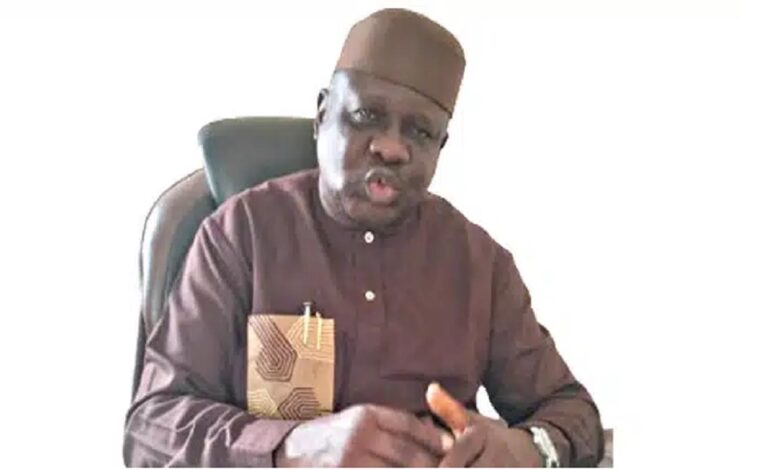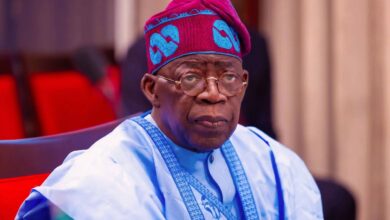How Supreme Court Prevented APC From Snatching Kano State Through The Back Door – Olayokun

In a recent interview with Punch on January 28th, Oladipupo Olayokun, the National Secretary of the New Nigeria Peoples Party (NNPP), shared a compelling account of how the Supreme Court played a pivotal role in preventing an attempt to seize the Kano State governorship seat through unconventional means. Olayokun emphasized the significance of the Supreme Court’s judgment in reinstating Abba Yusuf as the rightfully elected governor, hailing it as a triumph for Nigeria’s democracy and judicial system.
The NNPP leader recounted the distressing experience following the rulings of the Kano tribunal and the Appeal Court, which initially favored the All Progressives Congress (APC) and its governorship candidate, Nasiru Gawuna. Olayokun expressed gratitude for the Supreme Court’s intervention, highlighting the party’s sense of threat as it seemed the APC was determined to claim Kano State despite the electorate’s overwhelming support for NNPP.
Olayokun also questioned the unconventional decision of the Kano tribunal judges to deliver their rulings via Zoom, adding an intriguing layer to the unfolding events. He stressed the trauma endured by NNPP members who tirelessly campaigned, only to face legal challenges that seemed to jeopardize their victory.
In a detailed breakdown of the 2023 general elections in Kano State, Olayokun revealed NNPP’s success across various polls, including the presidential, senatorial, and House of Representatives elections. Despite facing initial setbacks, the party secured significant wins, with the NNPP presidential candidate, Senator Rabiu Musa Kwankwaso, triumphing over President Bola Ahmed Tinubu by a considerable margin.
The NNPP leader highlighted the unexpected turn of events after the governorship election, where the APC candidate initially conceded defeat. However, a month later, the APC filed a court case, leading to a controversial Zoom-delivered judgment by the tribunal.
Olayokun concluded by emphasizing the clarity of the Supreme Court’s verdict, asserting that it exposed flaws in the lower courts and raised questions about the integrity of the judiciary. He specifically pointed out discrepancies in the release of a Certified True Copy (CTC) that contradicted what was presented in court, suggesting incompetence or lack of finesse by individuals involved.
In essence, Olayokun’s narrative sheds light on the twists and turns in the Kano governorship saga, underscoring the critical role the Supreme Court played in upholding democracy and ensuring justice prevailed against potential backdoor maneuvers.




